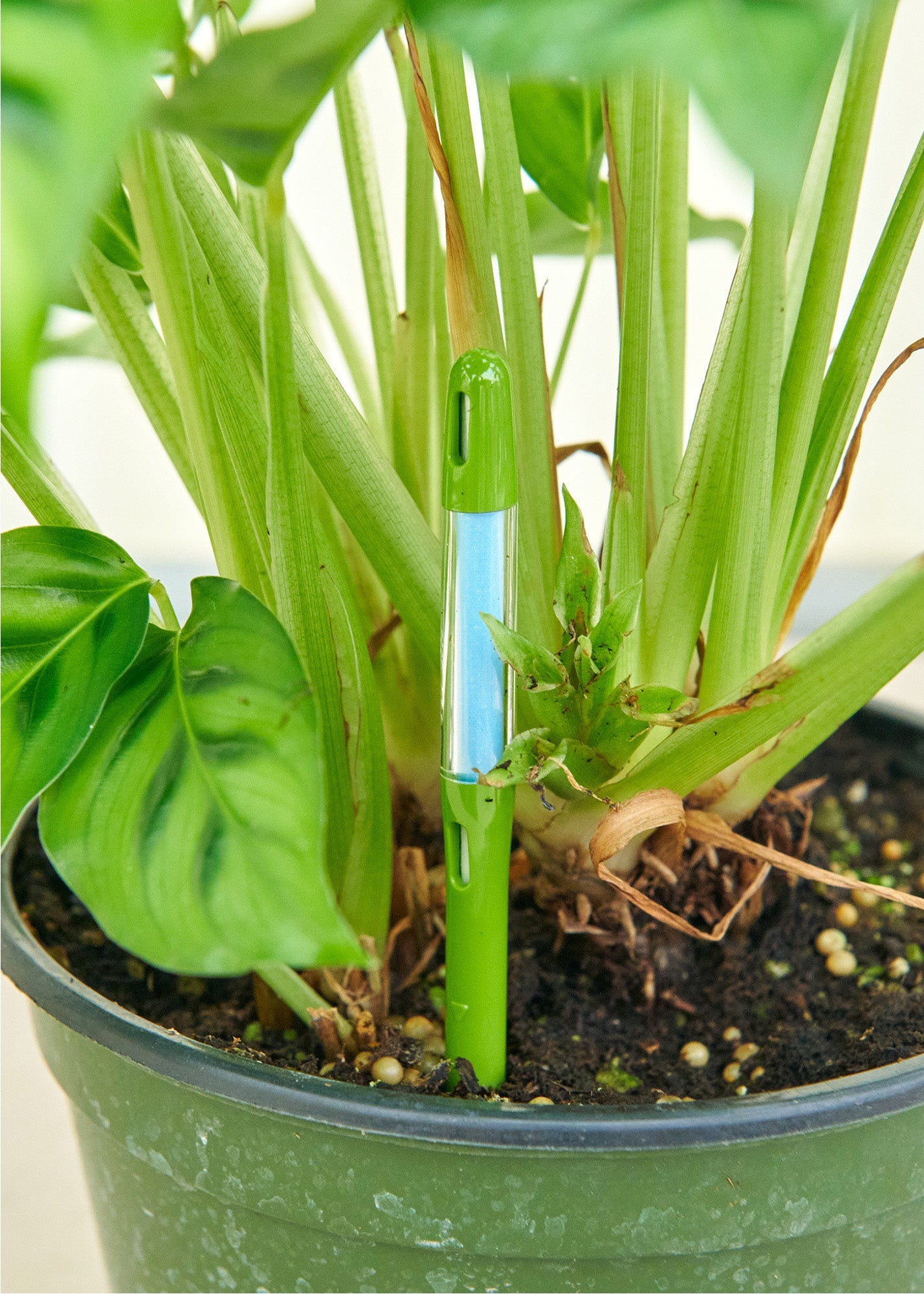The Ultimate Overview to Moisture Meters: A Comprehensive Review and Just How They Can Save You Money
In the world of building maintenance, construction, and numerous sectors, the value of accurately determining wetness levels can not be overstated. Moisture meters function as essential tools in discovering and keeping an eye on moisture web content in products, helping in avoiding expensive problems and guaranteeing the top quality of products. Recognizing the nuances of various kinds of wetness meters, their applications, and the prospective cost-saving benefits they provide can be a game-changer for professionals and services alike. Discovering exactly how these devices can not just simplify processes yet likewise contribute to economic cost savings is a trip worth getting started on.
Kinds of Moisture Meters
Various sorts of moisture meters are offered for different applications in various industries. One common type is the pin-type wetness meter, which measures the electric resistance in between two pins inserted into a material. This type is suitable for timber, drywall, and other building products. Pinless dampness meters, on the various other hand, use electromagnetic sensor plates to scan a bigger area without creating damage to the material's surface area. These meters are ideal for quickly assessing wetness levels in big locations such as floors and walls.
Moreover, there are additionally specialized moisture meters developed for details materials like soil, hay, or grain. These meters provide accurate moisture readings tailored to the distinct homes of the product being examined. Infrared dampness meters gauge the thermal residential or commercial properties of a material to establish its dampness web content non-invasively, making them beneficial for applications where pin or pinless meters might not appropriate. Recognizing the various kinds of dampness meters readily available can aid industries pick one of the most suitable tool for their particular dampness dimension needs.

Advantages of Using Moisture Meters

In addition, using dampness meters can result in boosted power efficiency. By determining areas with high dampness levels, such as leakages or inadequate insulation, changes can be made to improve energy conservation and minimize utility prices. In agricultural setups, moisture meters play a vital duty in maximizing crop yields by enabling farmers to keep track of soil wetness degrees and make notified irrigation choices. In general, the advantages of making use of moisture meters cover throughout different markets, supplying cost-efficient remedies and promoting better high quality control methods.
Just How to Choose the Right Moisture Meter
Picking the ideal wetness meter entails considering essential aspects such as material compatibility, measurement variety, and calibration accuracy. When choosing a dampness meter, it's wikipedia reference necessary to make certain that the meter is appropriate for the specific product you will be screening. Various materials have differing electrical buildings that can influence moisture analyses, so choosing a meter designed for your product is essential for accurate outcomes. Furthermore, take into consideration the dimension variety of the dampness meter. Guarantee that the meter can identify dampness degrees within the range needed for your applications. Calibration accuracy is one more essential aspect to bear in mind (Moisture Meter). Go with a moisture meter with dependable calibration to make sure precise and consistent analyses. Some meters might require routine calibration adjustments, so comprehending the calibration process is very important. By carefully examining these variables, you can choose a moisture meter that fulfills your demands and gives precise moisture dimensions for your projects.
Correct Methods for Moisture Meter Usage
To ensure exact wetness readings and take full advantage of the efficiency of a moisture meter, using appropriate techniques is crucial. When utilizing a pin-type wetness meter, insert the pins or probes right into the material being examined up until they make complete get in touch with. By following these correct methods, customers can depend on their moisture meter to supply trustworthy dampness levels, assisting in avoiding pricey damage or making certain high quality in numerous applications.

Expense Savings Via Moisture Meter Applications
Just how can the strategic usage of wetness meters lead to substantial price savings across various markets? In the farming sector, dampness meters help in browse around these guys figuring out the optimum time for harvesting crops, avoiding over-drying or excess wetness that can affect the last product's high quality.

Furthermore, in the food processing sector, moisture meters are important for keeping an eye on item high quality and making sure conformity with security guidelines. By precisely determining moisture material in foodstuff, producers can avoid wasting, preserve quality, and minimize waste, causing considerable expense savings. In general, the tactical application of moisture meters is a useful financial investment that can cause considerable cost reductions and boosted performance throughout various markets.
Conclusion
In final thought, wetness meters are important devices for discovering and measuring wetness degrees in numerous products. By utilizing the appropriate moisture meter and following correct strategies, individuals can Read More Here properly avoid expensive problems created by excess moisture.
Moisture meters offer as indispensable tools in finding and monitoring moisture material in products, assisting in avoiding expensive problems and ensuring the quality of products. Infrared wetness meters determine the thermal homes of a product to identify its moisture material non-invasively, making them valuable for applications where pin or pinless meters may not be suitable.Moisture meters provide vital benefits in properly checking and evaluating wetness degrees in diverse materials and atmospheres. In agricultural settings, wetness meters play a vital duty in maximizing plant yields by allowing farmers to keep track of dirt dampness degrees and make notified irrigation decisions.In conclusion, dampness meters are beneficial devices for identifying and gauging dampness degrees in different materials.
Comments on “How to Use a Moisture Meter to Spot Covert Water Damage in Your Residential property”